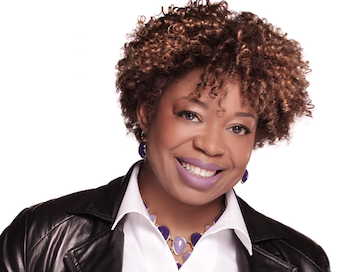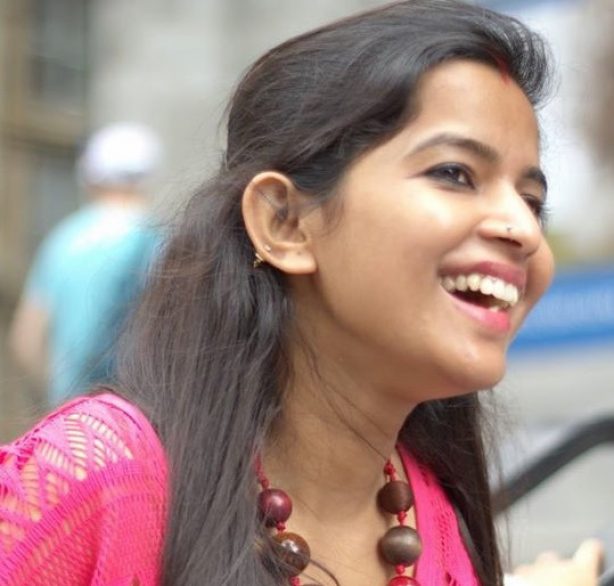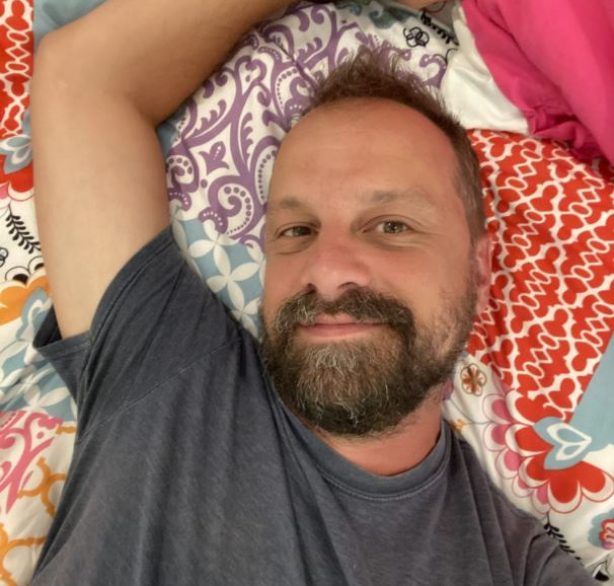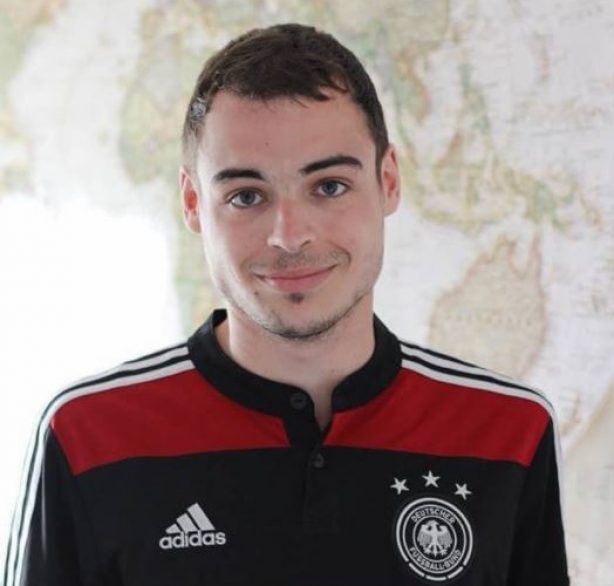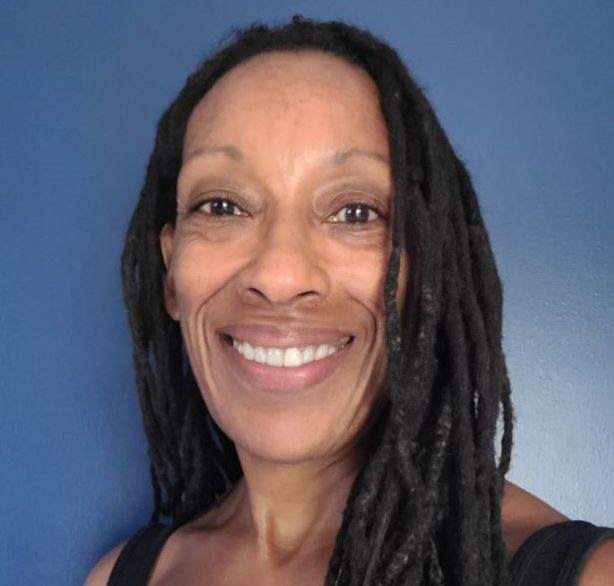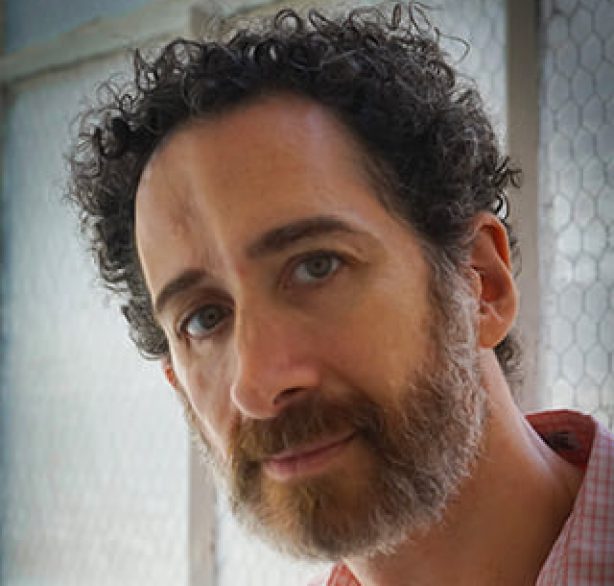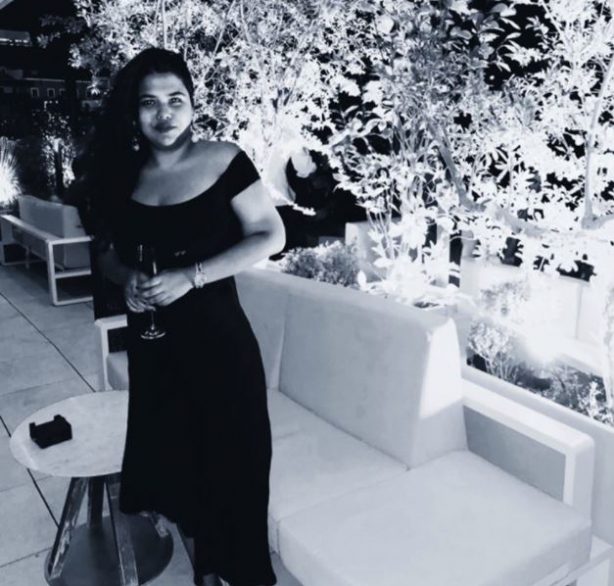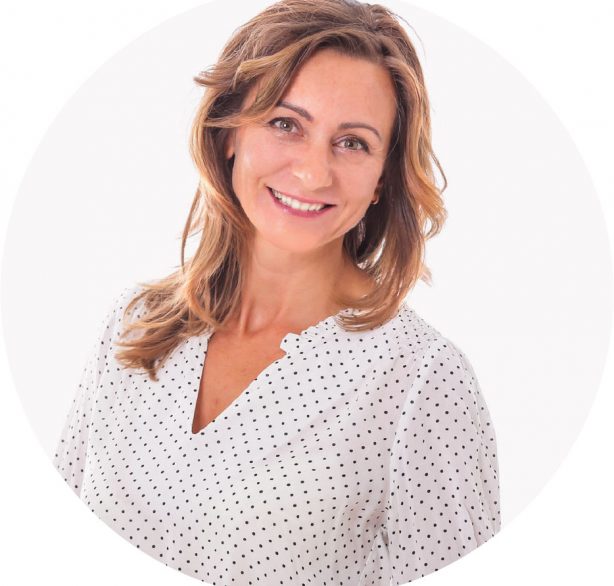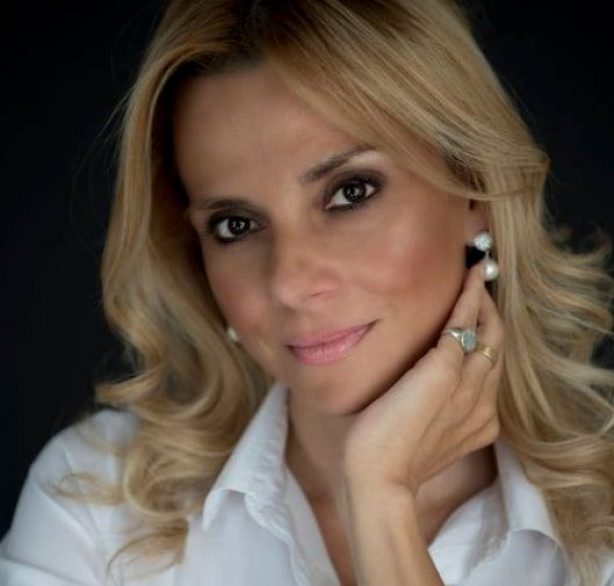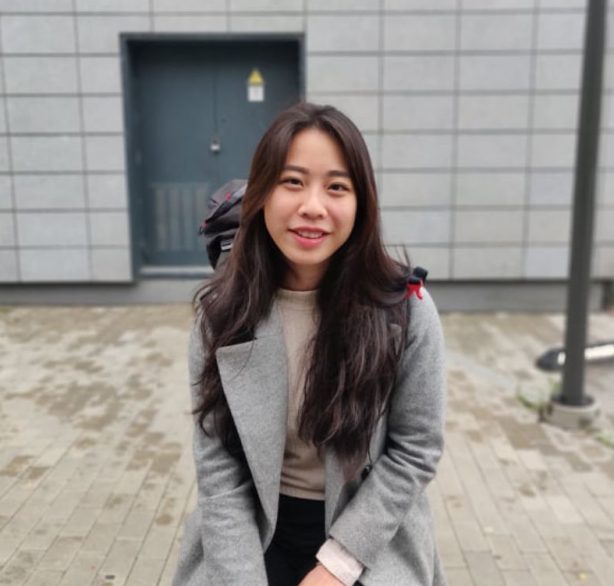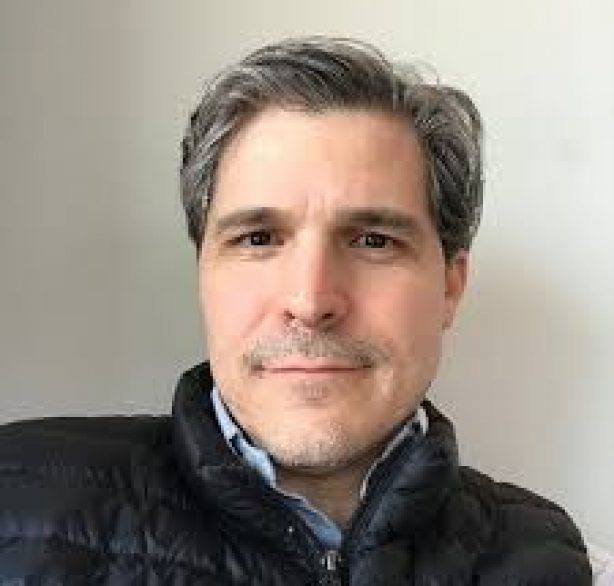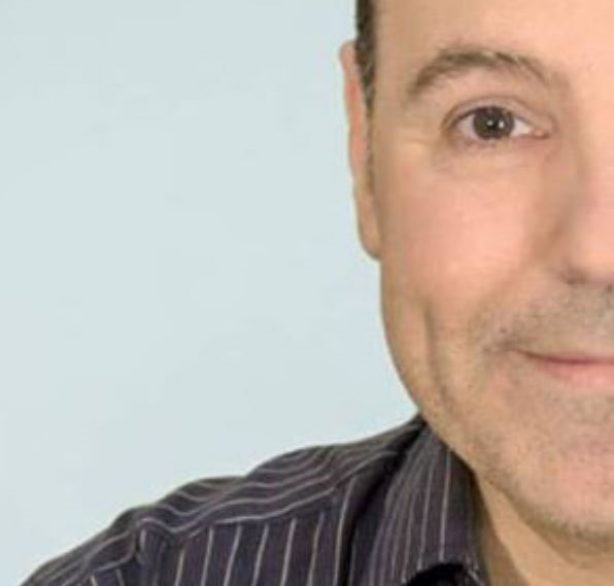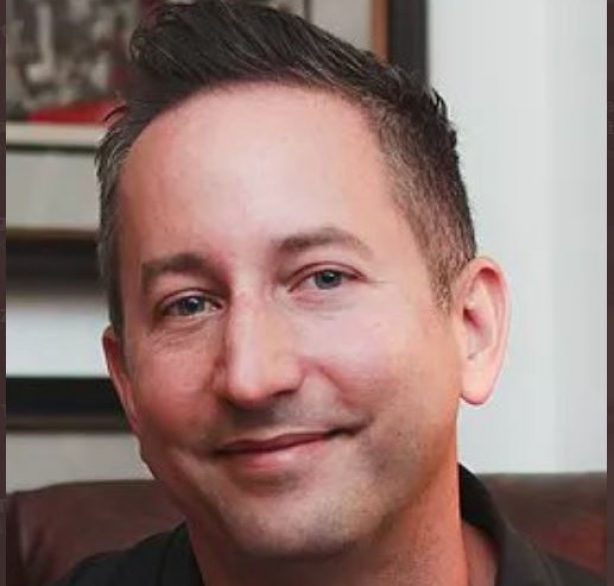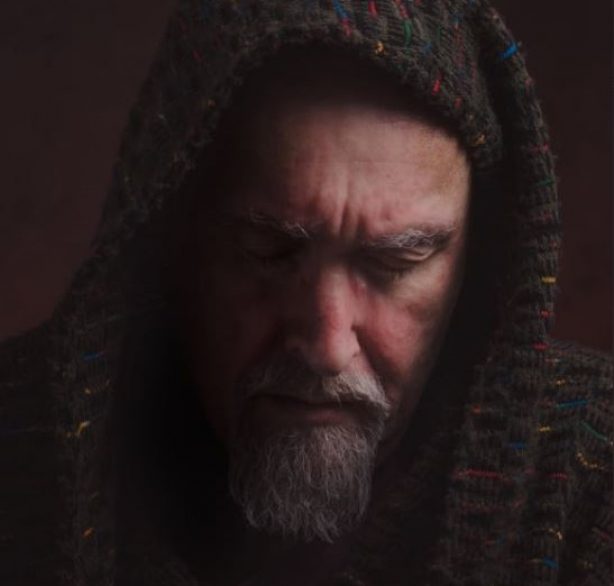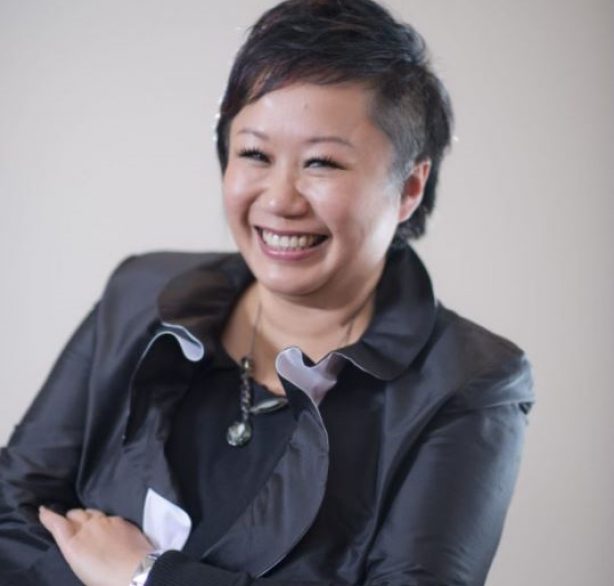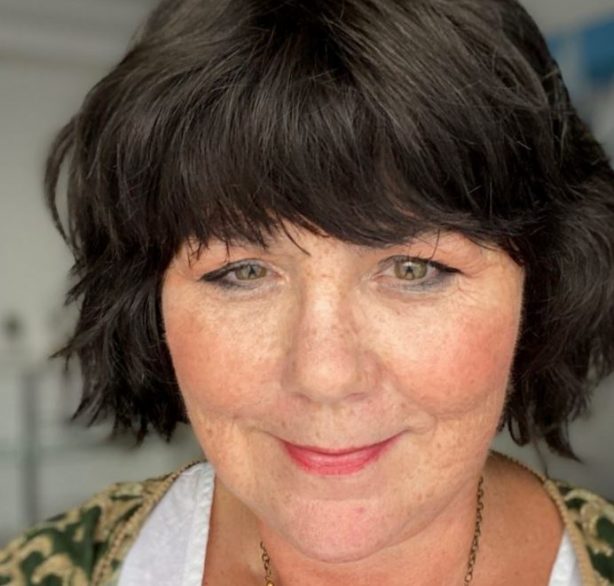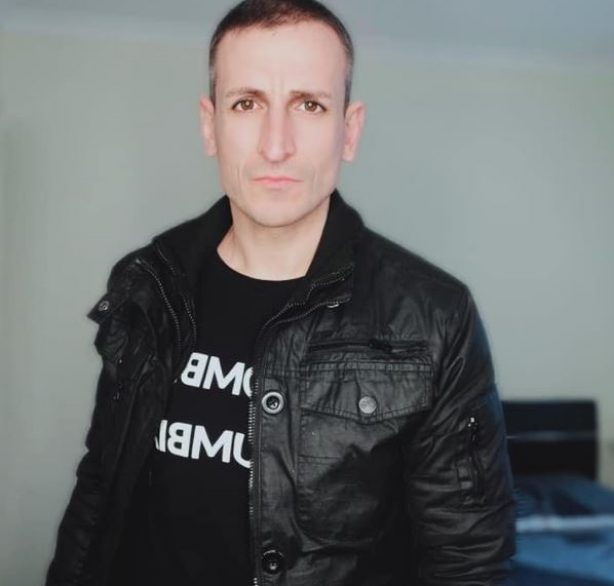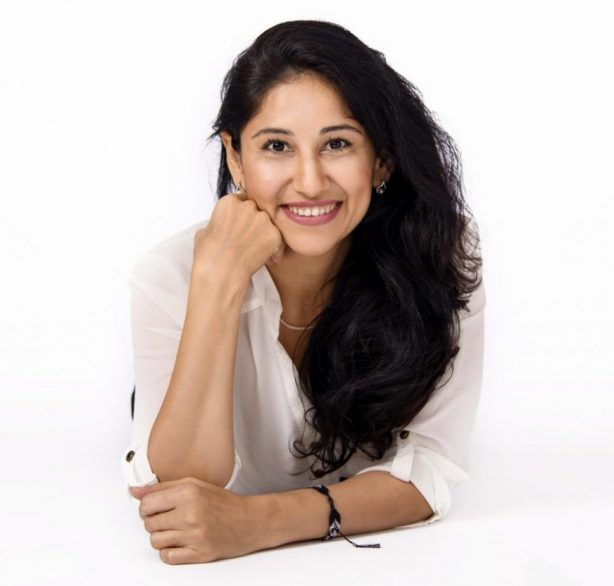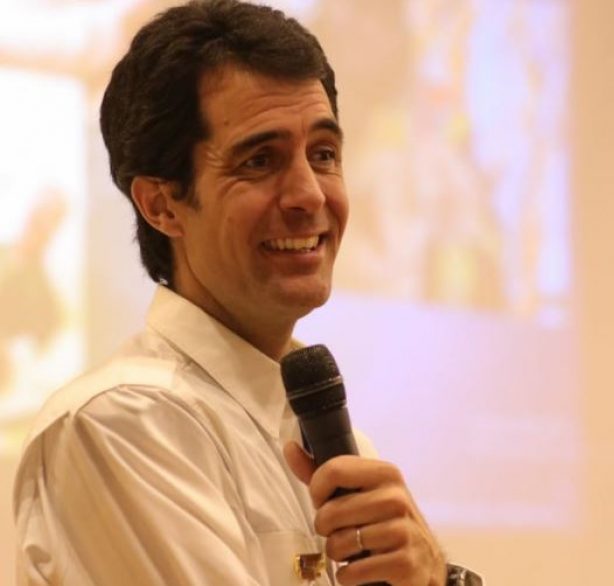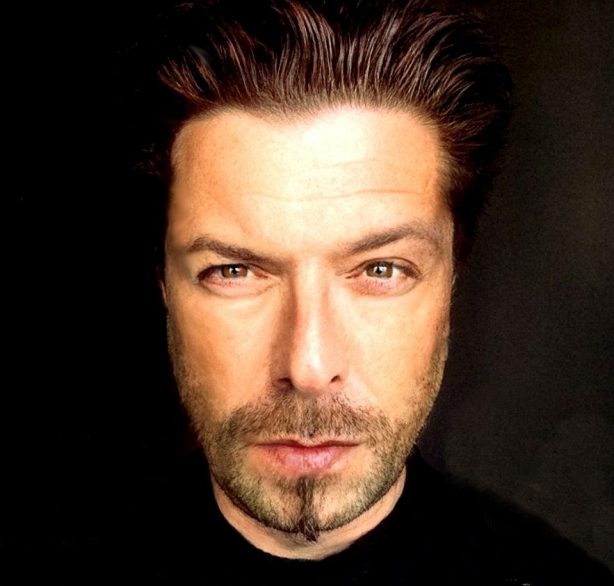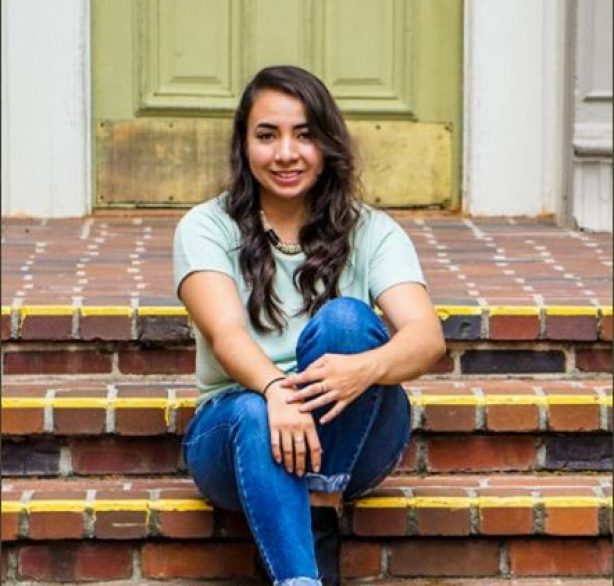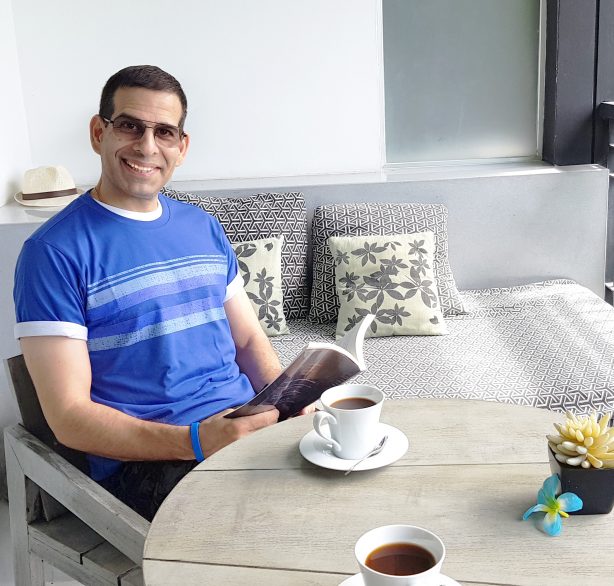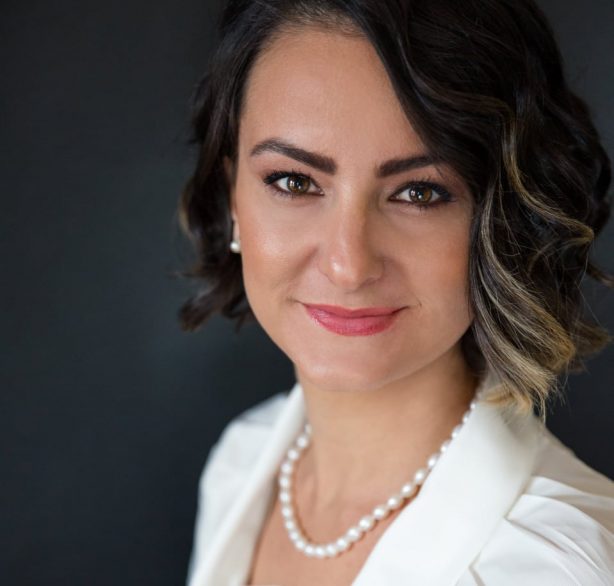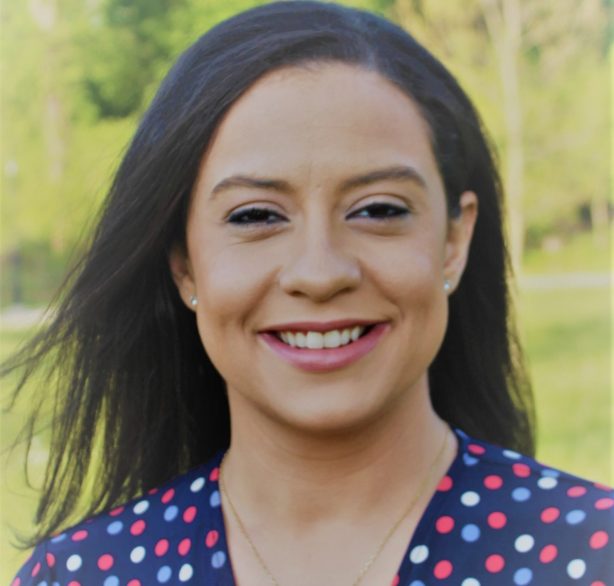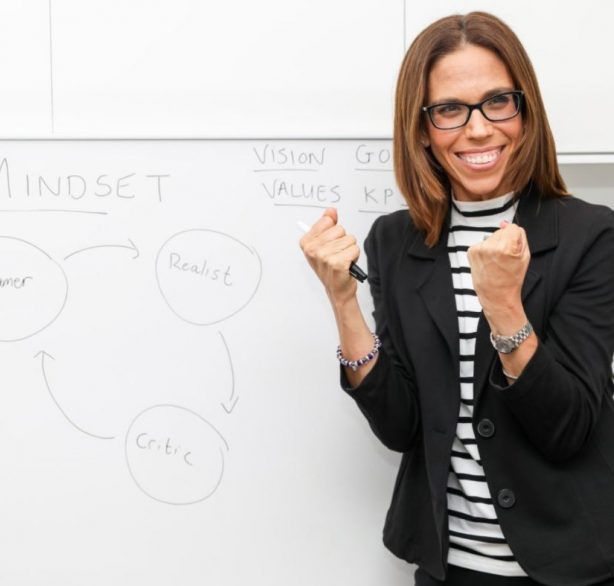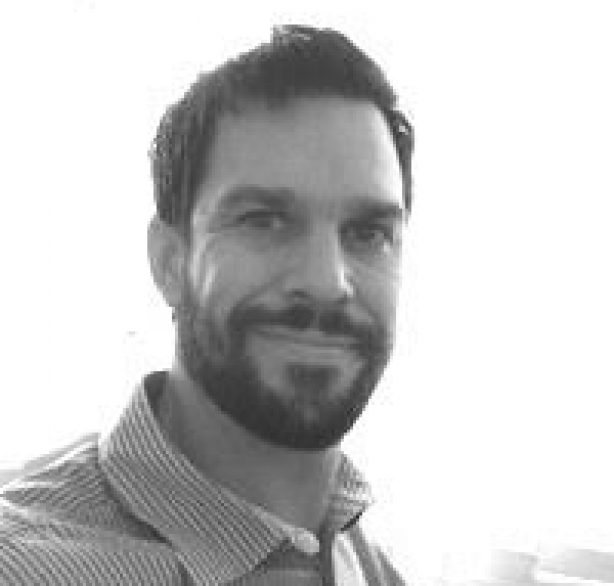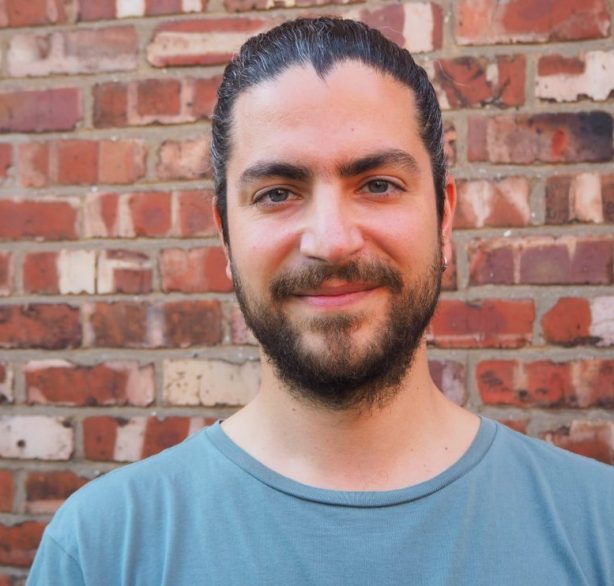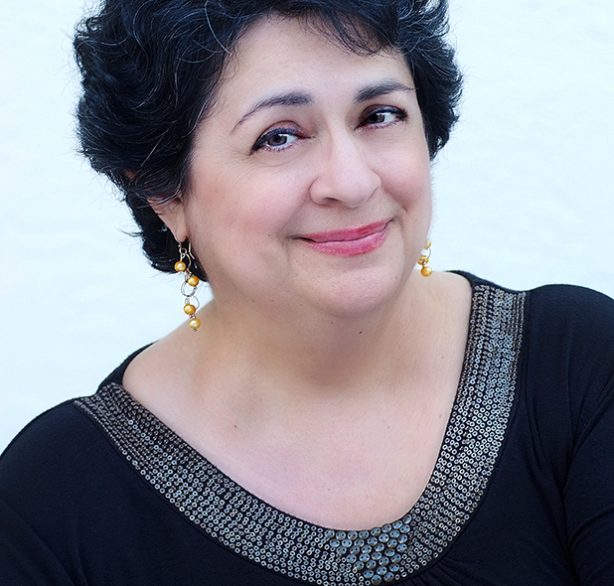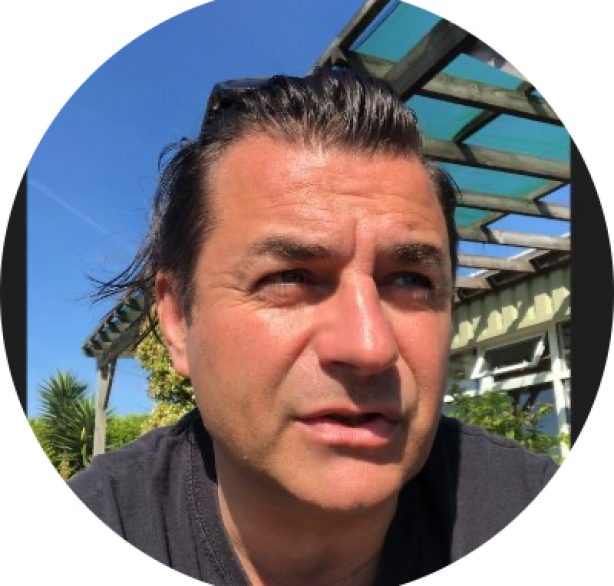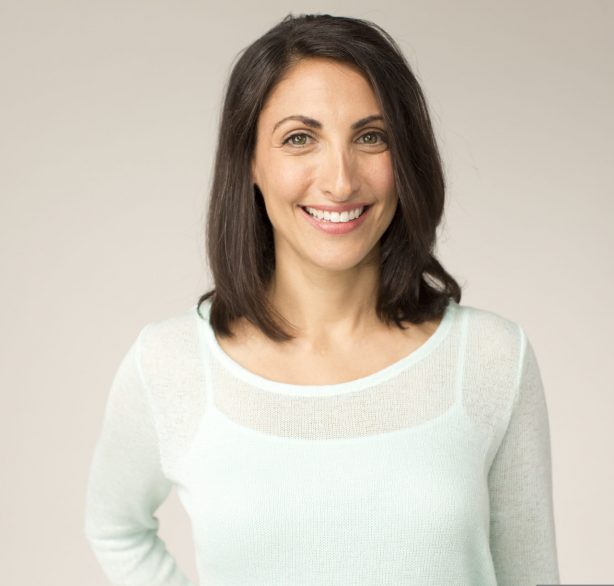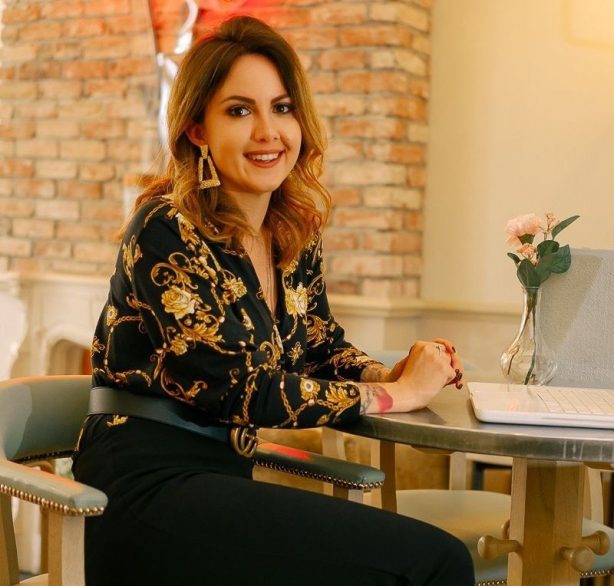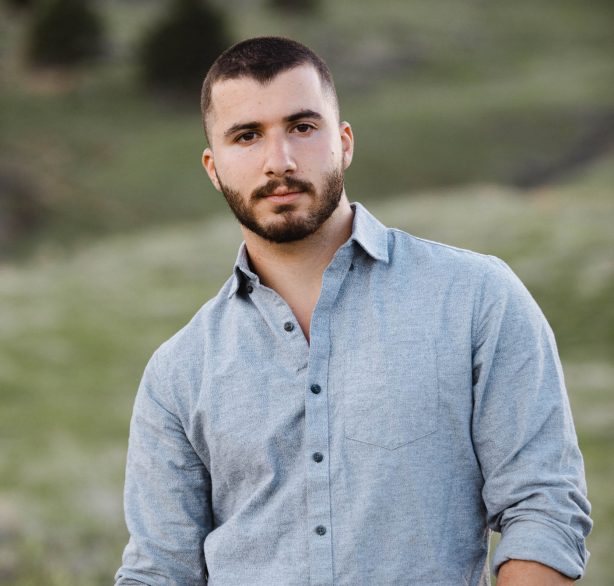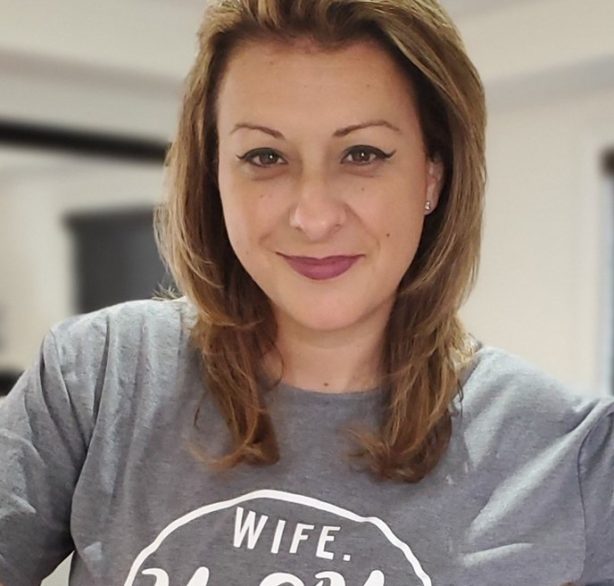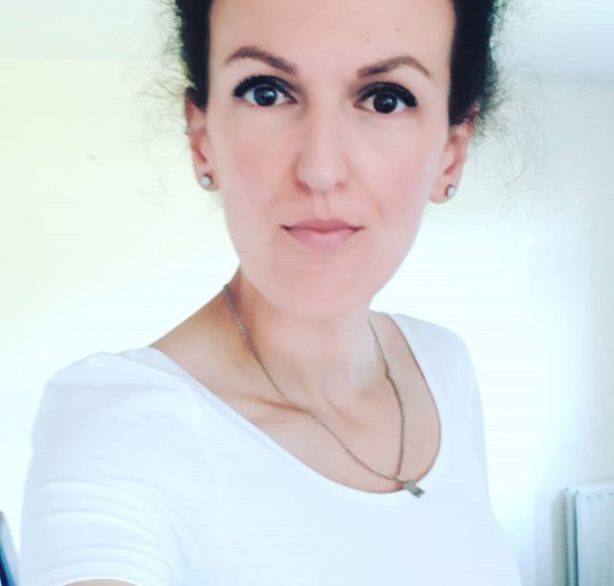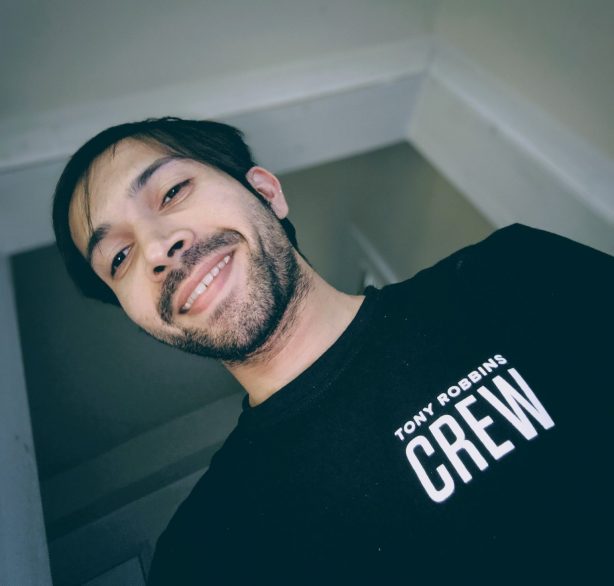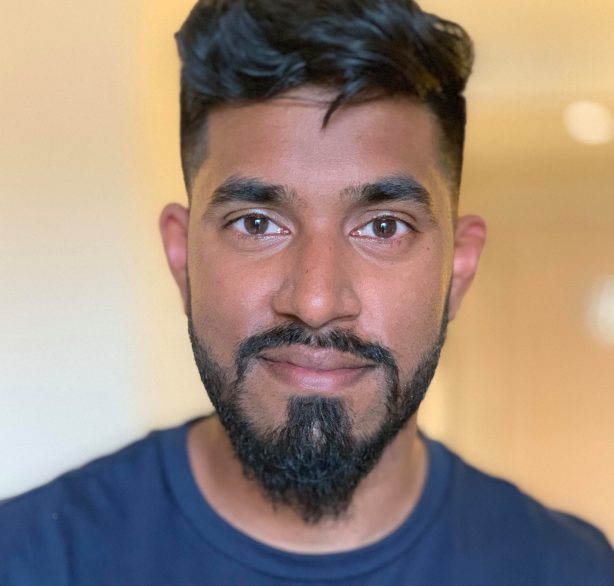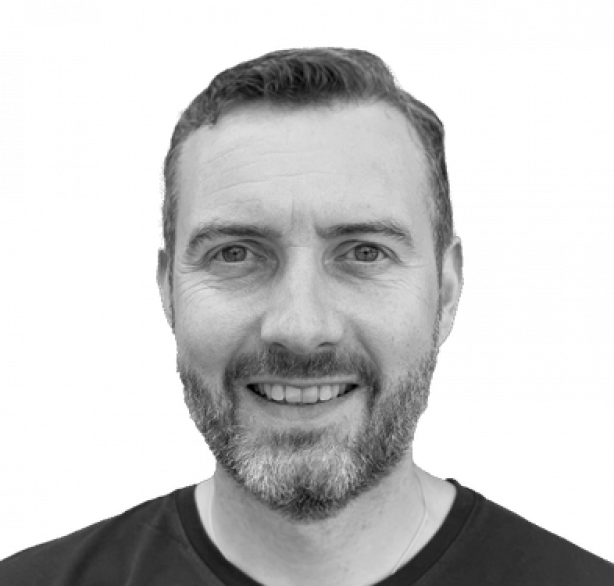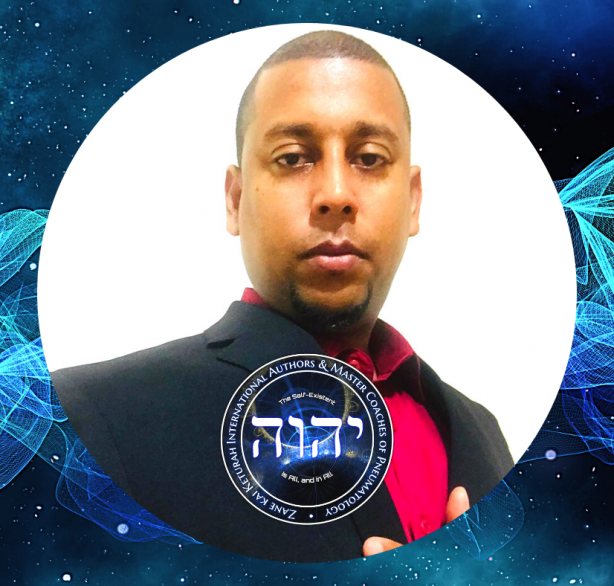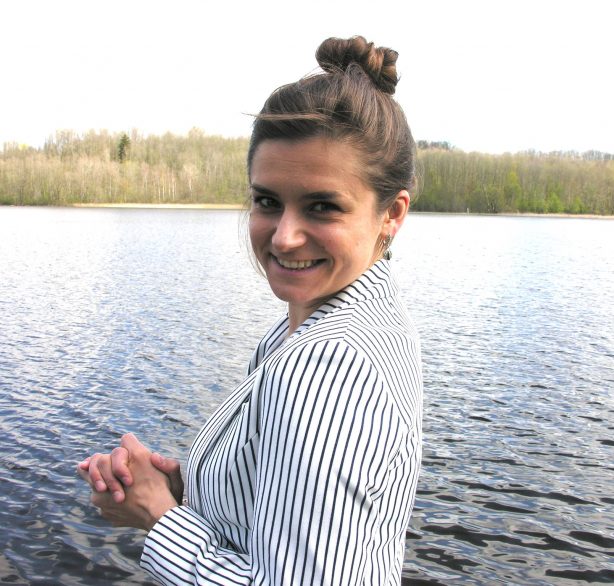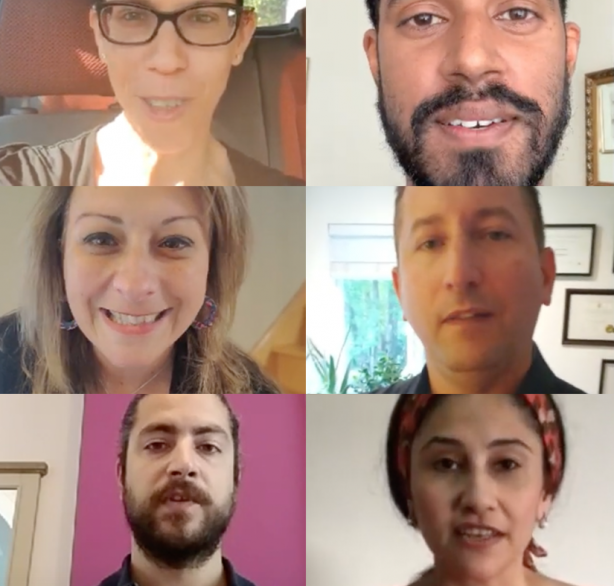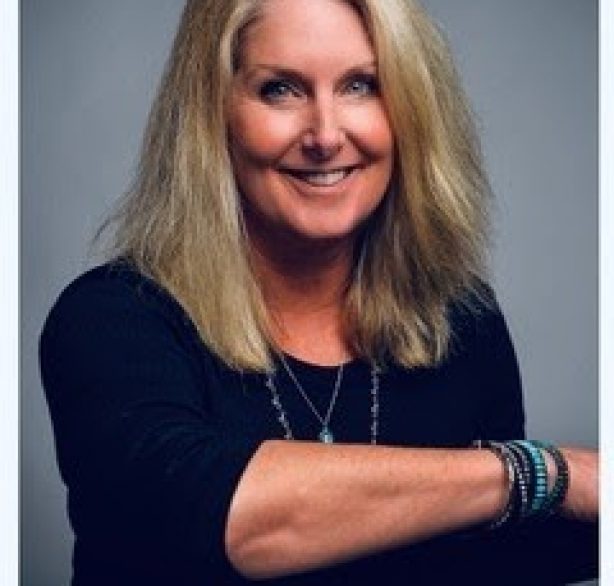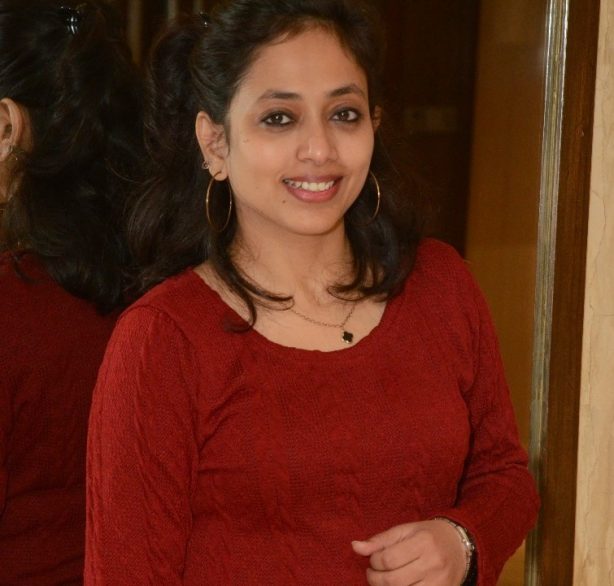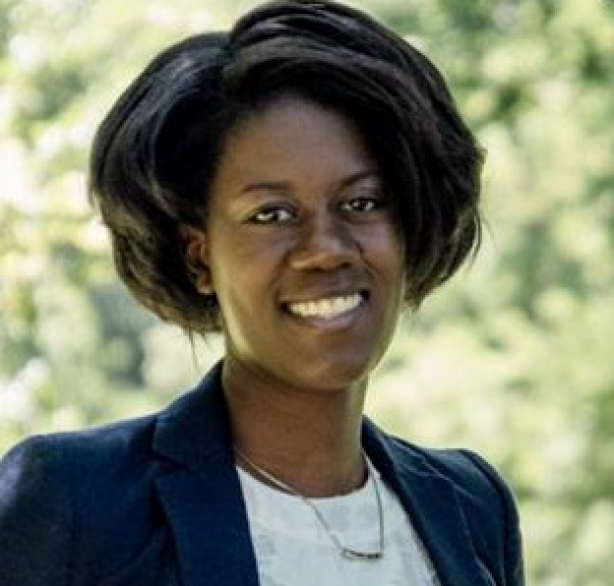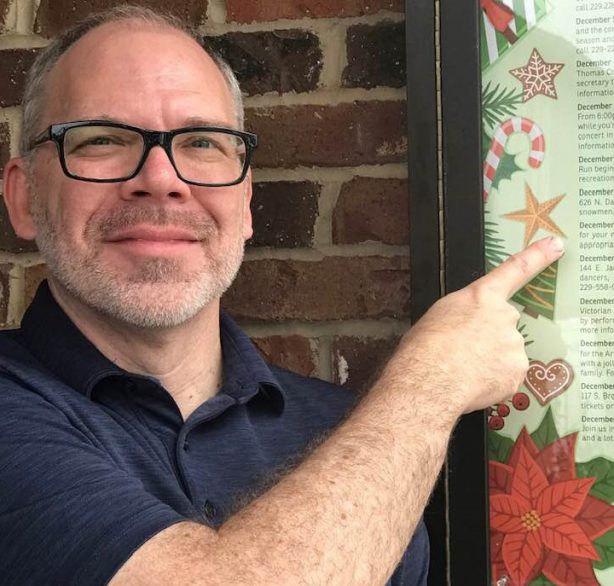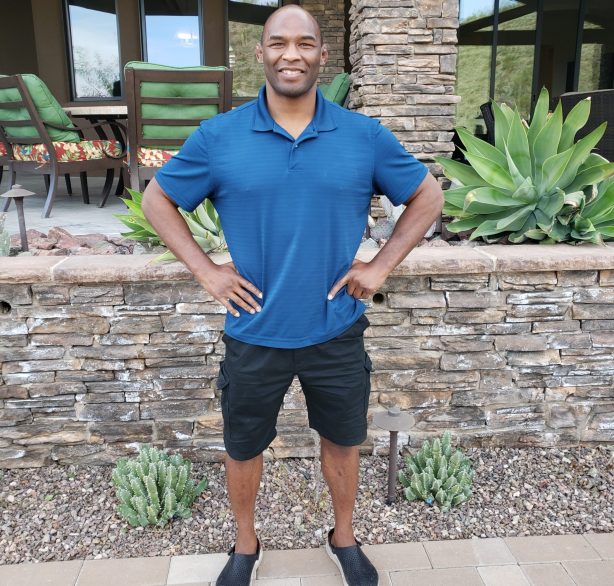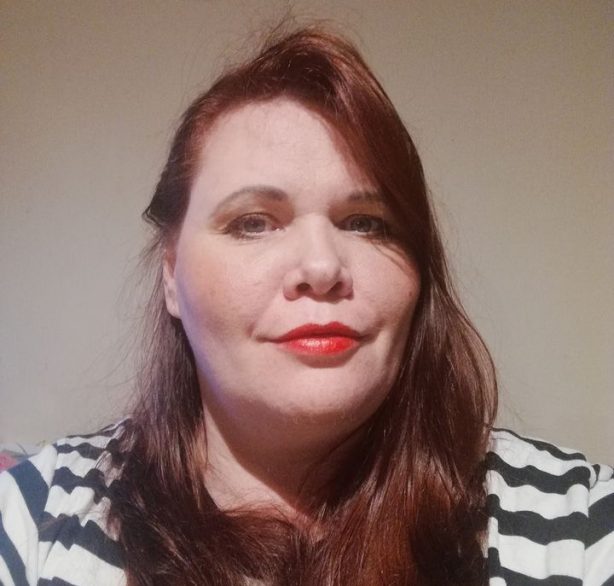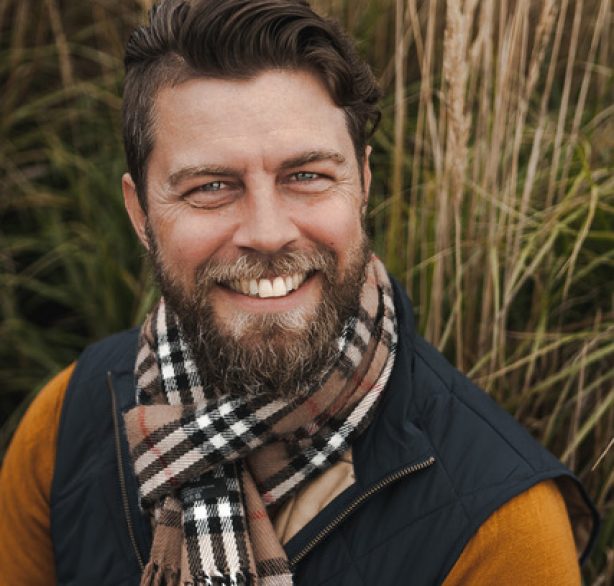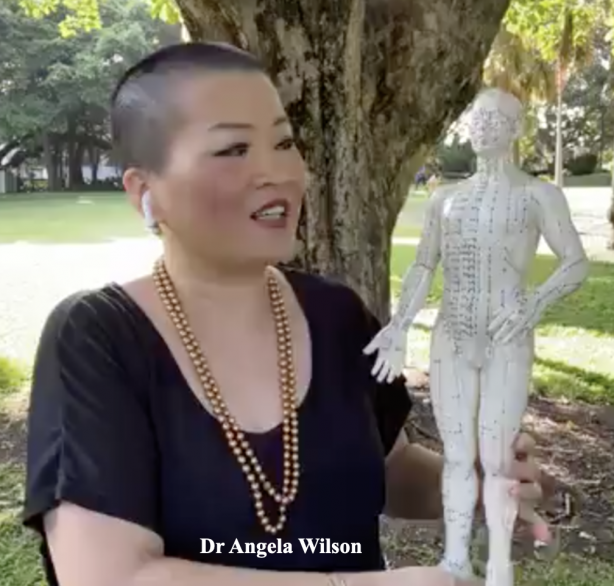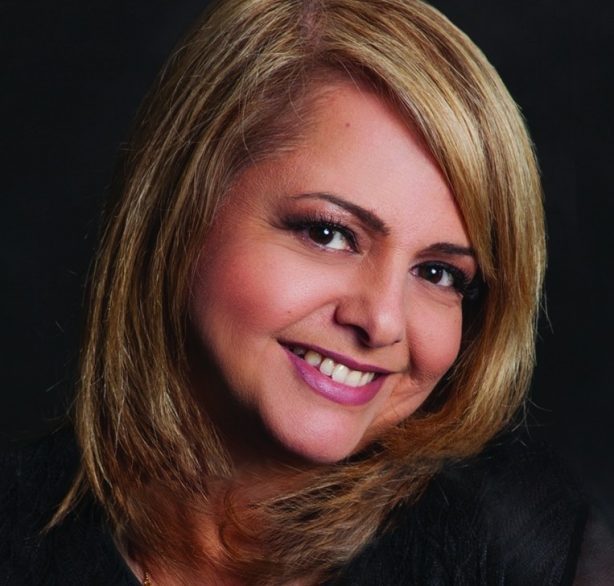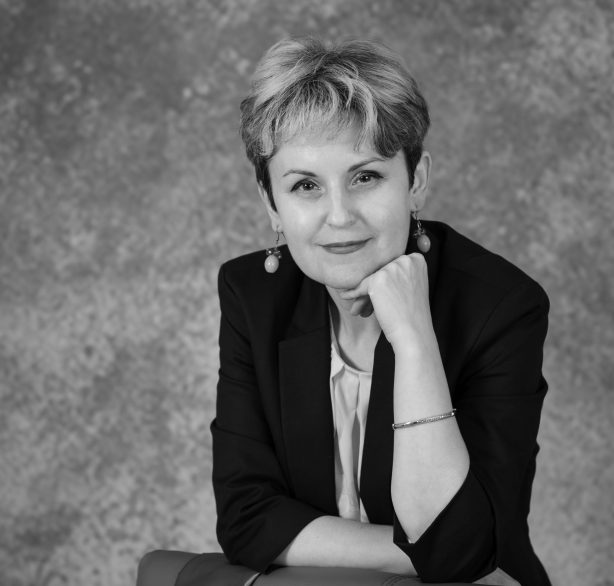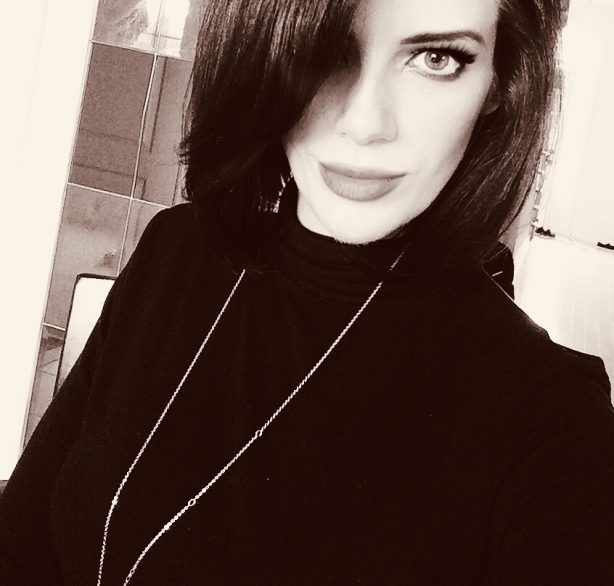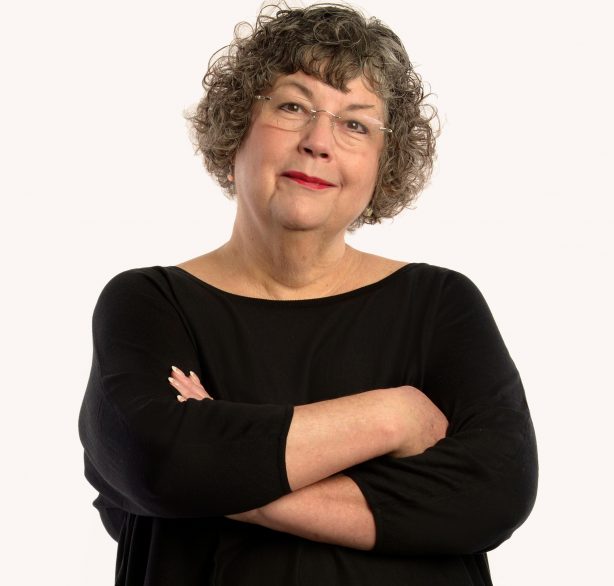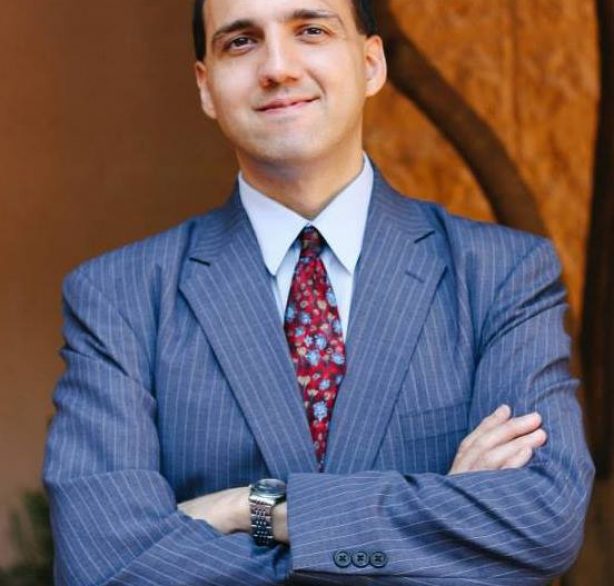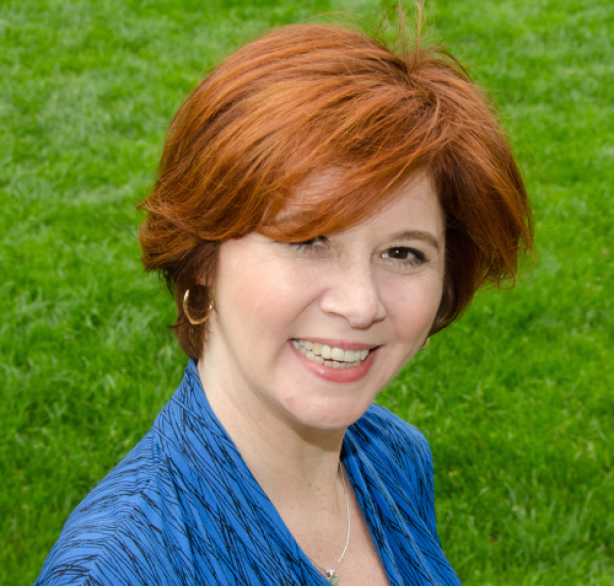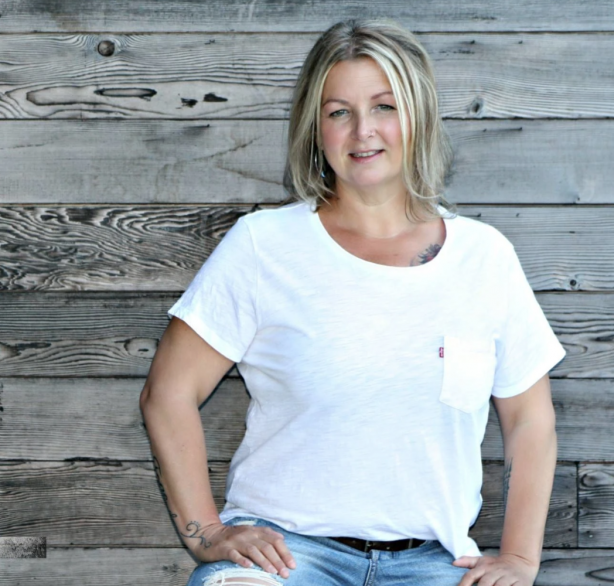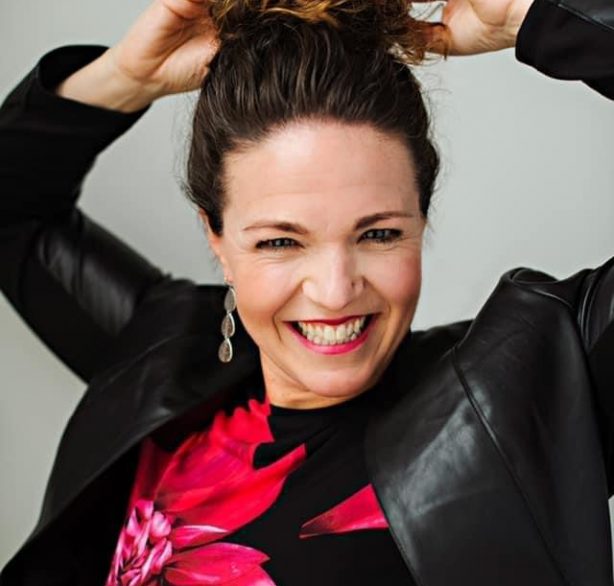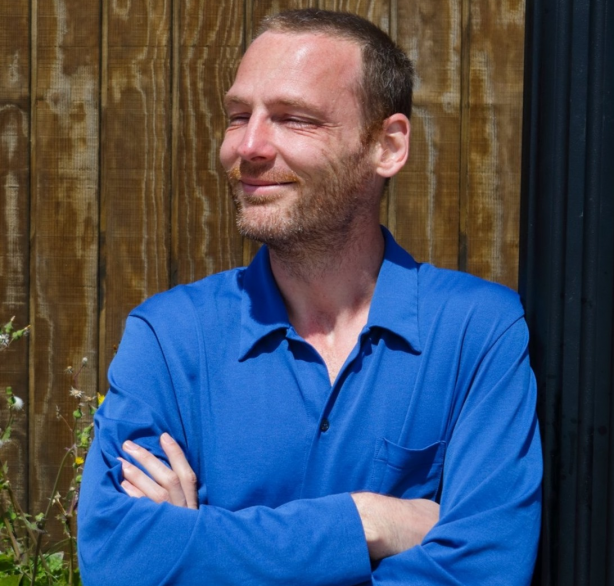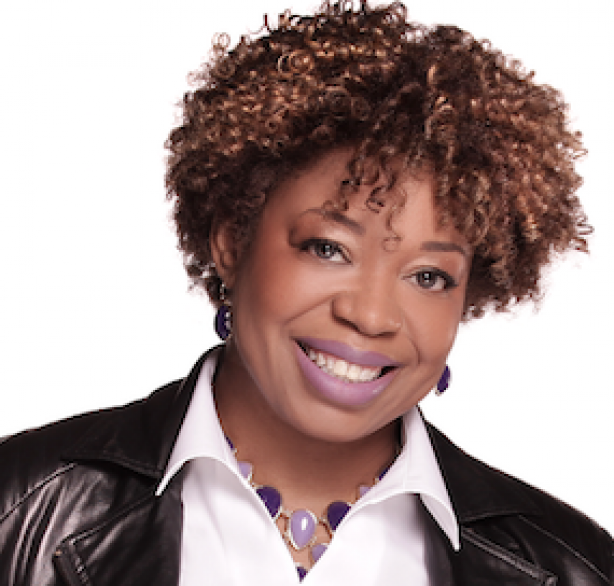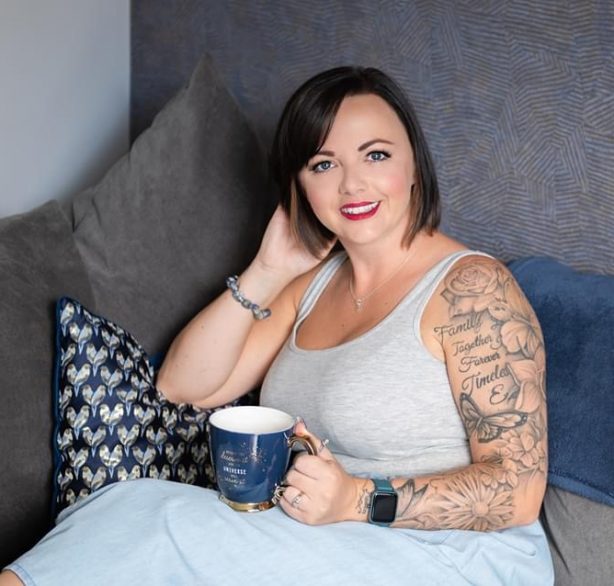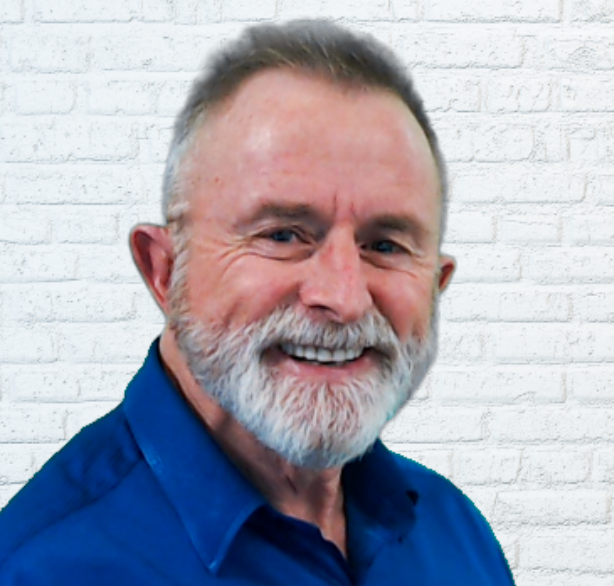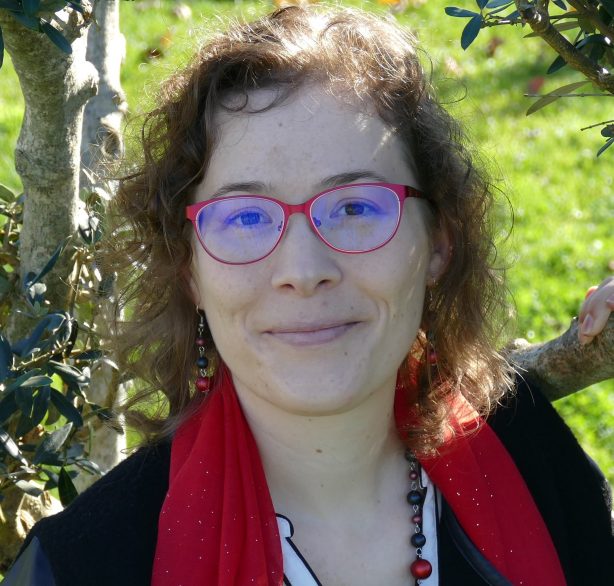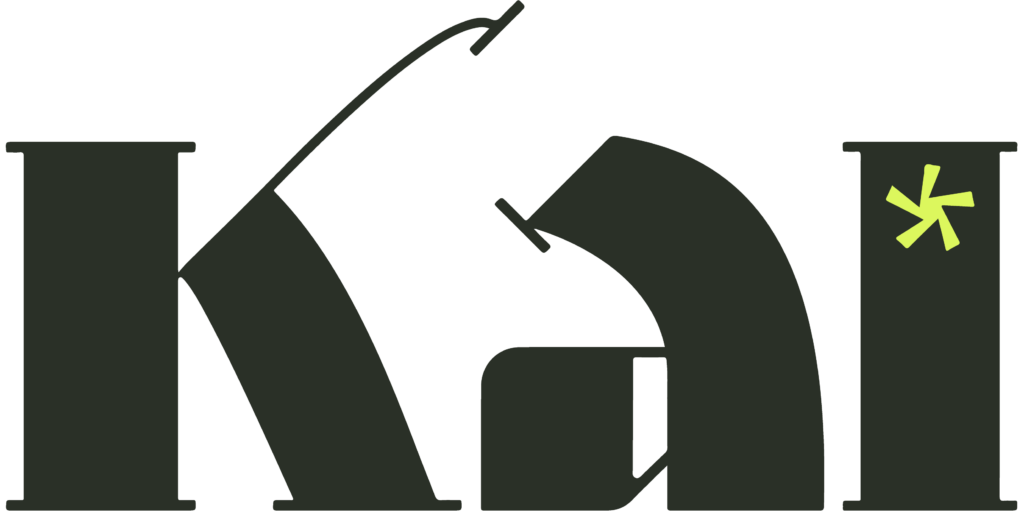Watch the full and inspiring interview with Malaika
If you prefer reading, here is the transcribed interview
Ziv: Hey, I’m Ziv. This is “On the Journey”. Every week “On the Journey” explores the intersection of women’s spirituality, inquiry, mental health, first time growth and purposeful living through the eyes of the people we interview.
And today, I’m happy to meet Malaika. And Malaika is going to tell us about her passion and her journey.
Hello, Malaika!
Malaika: Hello, thank you for having me.
Ziv: My pleasure. My pleasure. I’m really curious to hear about why do you do and why.
Malaika: What do I do? I facilitate discovery. It’s probably the best way I can describe it. I come from a family of teachers, so going back centuries, actually, my family has always been in the teaching profession. They’re still teachers, a lot of them at the higher education level and below.
Education has always been really important to my family and I think I probably was running from it early on, like is the family business. It’s a family thing that we did and everyone was a teacher. And so, I kind of thought that that’s not what I was going to do.
But it’s interesting that every job I’ve ever had, somehow I wanted to be the person who was doing the in-service is writing the SOP’s, training people. So your guest will find you. Right. And so I was always the one. And I’ve heard you should be a teacher, so many times, that if I had a nickel that same I right I’d be rich.
But I just could not equate teaching to happiness a long time ago because I thought that it was a wonderful thing to do, very full of service and things. But I just didn’t think that that was really, truly me and I didn’t know who me was, but I didn’t think that that was it. And then, as I progressed in my career, I started doing different things.
I noticed that I absolutely love the “aha” moment. Like, I love when someone gets it. And I really love when someone who didn’t think that they could does like that’s the thing for me. That’s why I kind of refined it in my head as facilitation of discovery, because it doesn’t matter whether what age or what the industry is, people figuring out things is just exciting for me. So, that’s what I do. I’m a facilitator of discovery, I think.
Ziv: I think I never ever heard this phrase before. So, like for me, it’s genius, facilitating discovery. It’s amazing.
Malaika: Thank you.
Ziv: In what like, I know I just can’t wait to hear about the momentology which I know we’re going to talk about. And you already facilitated my Discovery Discovery anthology. So what what is it exactly?
Malaika: Momentology is the study in a practice with an emphasis on practice. Right. Of staying in the moment of studying the moment of operating. They’re succeeding with what you have right now in this moment. I sometimes call it mindfulness for the rest of us, because it’s sometimes mindfulness is a hard topic to grasp.
It’s kind of hard to get your head around. Like people hear about mindfulness and being in the moment. Is that like me? Am I sitting on a tree stump, like, stared off pondering the world? You know, it’s a transcendental meditation. Maybe they know what transcendental meditation is, right? So it’s just so many layers and it’s hard for the every person to really grasp.
And so my momentology, I think, is a more practical method of centering yourself in what is and developing what could be and always having that. How might I in the back of your mind? And so I’m also a human set of design strategies. I work in design thinking. Design thinking in humans in a design is all about getting to the crux of why we want, what we want and what in giving us giving people their unarticulated needs.
One of my favorite quotes is from Henry Ford.What he said
If I ask people what they wanted, they would have said faster horses.- Henry Ford. Share on XSo we often don’t know exactly what we want, but we know how we feel. And so getting to how we feel actually gets us what we want. And so that’s what humans are designed is about us with design thinking is about in some strange way, this kind of momentology method is about because it’s individualized to every person.
There is no cookie cutter thing. The momentology method is a way of
Acknowledging who you are at every moment and figuring out ways to calibrate what you need out of that moment. Share on XBut it does not in any way, shape or form represent any sort of everyone has to do this thing. There’s there’s lots of things you can do. But there’s only one way to be.
Ziv: That’s really interesting, because when I think like for me, whenever I think about being in the moment, the first name that pops into my mind is a cut a toll. And like for me, at least when I’m think about being in the moment. I feel like a contradiction because when you really in the moment you’re not thinking, because you’re all there. And then you talk about design and thinking, how does that work?
Malaika:
I believe that we are co-creators of everything that we want. I believe that we have the power to design the life that we want, but it takes a matter of understanding first what it is that we want. Share on XSo we’re fickle creatures, right? A lot of times we don’t know what we want. We always say, well, what is my purpose? What am I here for? So if you don’t know what your purpose is, you don’t know to hear for science has to start with Y if you don’t know what that Y is, it’s really hard to start.
My momentology is I help people to center in on being. The being is first, who you are is first. So, there are three major tenets of momentology, that’s awareness, gratitude and expectance.
And so sometimes I say, look, at your age, expected awareness, gratitude. And so awareness is the first step because you can’t change something you’re not aware of. You can’t fix something you’re not aware of. You can’t do anything about what you don’t see. Like you can’t measure what you don’t know.
When you when you think about awareness, it’s like, OK, that’s that being in the back of your head, like, “there’s more to this.”, “Like there’s more to life.”, “Couldn’t do this.”
That’s all the questions that come up. It’s almost like that childlike wonder of what if what if I were X, Y and Z. If you’re an accountant and you’re an accountant because that’s what you were good at and excelled at a school which you really don’t love, it brings no joy, do you? Then you start thinking, what if I could just go and do the thing that I love the most? And maybe that’s birdwatching and maybe you think that ridiculous.
I’m an accountant in Chicago and I want to be a birdwatcher in California. How in a world is that going to happen? How do I get from here to there? And so momentology teaches you how to enjoy the journey. Not intended on the journey. But it teaches you to enjoy the journey and to embrace the becoming rather than the destination.
Ziv: Does it matter if I enjoy the journey and I’m becoming and I’m into the being? What’s the importance of the destination?
Malaika: The destination is it gets less and less important, but you can’t lead with that, because most people think that the things that they want or what they want. If you tell someone from the beginning, if someone comes to you and says, “I need your help and I want to have this thing” and actually you don’t, or you tell them that thing, that thing doesn’t matter.
They’re already off. What do you mean? Yes, I’ve always wanted this is the thing that I want. What you don’t realize until you’re on the journey that the thing that you want was not the most important. You can get it. And that’s great. But then when you get it, then what?
Maybe you want something different and people are so afraid of being wrong. Well, what if it’s not the right thing? There is actually there is no wrong thing, they’re all experiences. And it’s more like data.
You don't ever fail. You just learn. Share on XYou just say, OK, this didn’t work out and I’m going to pin this for later is things that happen. If you think of them more as like data points, if you think of them more as like to know information and then help you, that helps you to calibrate where you go next. So every time something happens, you recalibrate. Every time something happens, you recalibrate. The destination becomes less and less important because you don’t know that it’s you get involved into the journey.
Ziv: It really resonates with me. And I can’t agree more. And I tell you what, I hear from you and from others and you not even, but I am for sure, I say it a lot. If someone would come to me and say my dream is to be an actor and when it will be an actor, I would be happy if I would tell him. It doesn’t matter what you want. It’s not totally not true that you would be happy when you become an actor. You just think, let’s go on a journey.
Malaika: Right!
Ziv: And he will probably stop listening to me at that point. I have to say, “Of course, an actor, I think an excellent idea. Let’s go on a journey. And then through that journey when if you really do it, you truly do it, then you realize that happiness is internally to be in the moment”.
So in a way, for many therapist coaches and etc. I have to go in a bit extreme. But in a way, the result or the destination is a marketing thing.
Malaika: Yes!
Ziv: We know that no one will move. We need to say “Yes, yes, we’re going there.” But we actually know that we’re going here.
Malaika: Yes, that’s a beautiful way to look at it in terms of especially for business and as if you’re a coach and you’re trying. A lot of time as coaches, we struggle with knowing or seeing the greatness of others before they see in themselves. We know that the thing that they said that they want is really what they want, but they don’t want to hear that and they’ll never listen to us if we tell them, like you said.
For example, it’s kind of like that carrot dangling in front of them. Say you have a carrot dangling in front of them and they’re going after that. They don’t know that there’s a field full of beautiful roses and tulips and there’s a stream of bubbling stream and there’s wonderful things to seen along the journey. You have to get them. They hey, you know what? At the end of this rainbow, there’s this pot of gold. We’re going to get to that pot of gold. But then along the way, you point out, oh, look at those beautiful roses blessed by the brook.
It’s your job as a coach to help them to see the things that are in between that are on the journey. But you’re absolutely right. If you just try to sell them the journey, they are not interested because they don’t think that’s that’s what they want. I had a client one time and she said that she wanted to make six figures.
And I said, “Great!” And she said, “I want one hundred thousand dollars.” That’s what I want to do. Because what I want me. The interesting part about it was she didn’t really want one hundred billion dollars, but I knew that when she said it, but we had a journey to say. And so what she really wanted was to travel and she wanted the flexibility and the ability she there for the money to to be able to do that.
Through a series of conversations, we talked about, well, what if you only got eighty thousand dollars but your job gave you a voucher worth five thousand dollars every month at the time to take off and go.
Would you be happy? And she seems like that would be awesome. But wait.
But it’s not one hundred thousand dollars and she’s like, Yeah, but if I got to go to Turks and Caicos and so just started to have her feel what it felt like to have what she desires versus the thing that she thought was steadfast in her mind. And no, of course, I have to have a hundred thousand dollars.
That’s an example that we all do that, we do what my mom says she calls a clothing your blessings where you think you want something and you decide how it’s supposed to show up. And that’s not the way to show real happiness, because, like you said, you’re not going to happy when you get something if you’re not already happy here.
Happiness comes first. Share on XZiv: How do we become happy here? What do we really need?
Malaika: In momentology method, one of the things that I teach is once you have an awareness, there’s an acceptance. You have to accept, it’s not a defeatist type of acceptance. It’s not like, oh, well, this is just life and there’s nothing I can do about it.
It’s more of a great here’s the starting point and let’s see what I can do to move the needle. So, in order to get from I say things are created three times first in your mind and in your heart than in your hand. Head, heart and hand.
In order for it to take that journey, you have to first conceive of you have to believe that is something that’s achievable. Because first we look at things and we say, “Oh, well! I’m sure Elon Musk can do that, but who am I to do so and so?”, right?
First, we don’t know that things exist. Then we know that they exist, but we don’t think it’s possible for us. The next step is to believe that it’s possible for us through kind of a series of small steps throughout the day of changing your habits, change the way you look at things.
And secondly, is having gratitude, having gratitude for the things that you have because you’ll never have more of what you want it to. You want what you already have. And it’s difficult sometimes for people to do that because we can think of all of the things that we don’t have.
You can give somebody a list and say, “OK, I want to make a list of everything that you don’t like and then make a list of things like”. If you’ve ever been in customer service, you know, people can always find things that they don’t like.
That’s a journey in and of itself getting you to change your mindset from when he complains all the time, who sees the negative to want to see the positive.
The more you see positive things, the more positive things there are to see. Share on XThat’s also a journey. These are all a little miniature journeys. They’re all very internal. They happen within yourself and your spirit, within your mind, before you can actually articulate it into the tangible world.
The last method of momentology is a state of acceptance of expectance. That’s also difficult for people because there’s this thought of, like, I should expect good things because I’ll get disappointed. But what you focus on expands and what you expect you get People don’t want to buy that either because humans hate accountability. And so we can’t believe that we got exactly what we expected.
But if you think about wanting a new a new job and you’re like, OK, I’m going for the job. And the minute you go for the job, you put your name the you start thinking about the other people who are more qualified than you are or any of these bad things that could happen and then you don’t get the job. Go, I knew it.
He knew it. I thought you said you really wanted the job, so if you knew it, then you were already thinking in the opposite of what you said. How about you just expect that you do a good job? How about you just expect that you enjoy the work that you do? We change the things that we’re expecting.
We will find less and less disappointed because we’re not expecting these tangible outcomes. We’re expecting feelings. We’re expecting states of being and it’s a little bit hard to to talk about it. Kind of a quick version, but that’s really what it is. It’s changing your expectations so that you’re not disappointed in you’re grateful for everything that you get and you see it do more.
Ziv: I agree! I think that one of the things is that we are so afraid to get disappointed, like the fear of disappointing is so big that we are willing to lose, but not to feel the difficult sensations and emotional for fear of failure.
I would dare to expect something amazing because I’m so afraid to be disappointed instead of daring, expecting everything and then being disappointed is part of the journey.
Malaika: Right. I’d rather be being miserable, then be wrong and and go out and try. That’s just kind of we’re so afraid. The fear is another thing that that I worked on with my clients is the I work with them to eliminate fear based decision making.
A lot of times we don’t realize how many times we make decisions out of fear, fear of loss, fear of not getting, fear of embarrassment, fear of that. It is so freeing to make a decision and not care about the outcome, because the detachment is what gives you the power. When you are attached to things, when you think something has to happen in exactly the way that you say, that is where the disappointment comes in because
We do not have control over lots of things. The only thing we have control over is our response to things. Share on XThings are not good or bad in and of themselves. And people say, sometimes, it sounds silly to them because if someone dies, that’s a bad thing. You can’t ever say that’s a good thing. How could that not be bad? The death is not a bad thing. It is a transition from a body that is living to have one that is not in those organisms. It’s hard for us to decompose our thought that far down.
And to release those type of feelings. But one of the examples I give is, say you have two women who both lose their mother. So, woman A lose mother, and she’s inconsolable. She can’t get it together. She loses her job. She goes into a deep depression. Things are just not right.
Women B, she loses her mother. She sets up a charity in her mother’s name. She sent out roses to all the people that her mother ever touched her love. She does very positive things. If the death of one’s mother was a thing that was negative, no matter what, and that there was nothing else to be done, they both would have the same experience.
Now, there are lots of reasons why they could they might have had different experiences, like maybe the second woman always told her mother that she loved her and it was vice versa. Very reciprocal. She had a good relationship. Maybe the first one had unresolved issues.
There are a lot of things around it. But the point is that it does not ever have to be the same and you can take anything and make goodness out of it, find goodness. And it is just a willingness to do so.
Ziv: Definitely, Malaika. I agree.
I really wanted to hear more, but we are already way beyond our time limited. Just I was so hypnotized. I want to say thank you.
I’m grateful for this interview and all your knowledge and teaching me and our audience about memontology. Thank you very much.
Malaika: Yes. I welcome thank you for having me. I enjoyed it.
Ziv: Yey!
Who are you?
Malaika Simmons is a performance mindset coach, TEDx speaker, 2x Toastmasters club president, human-centered design strategist, consultant, and co-author of two books, including the Amazon bestselling “The Success Blueprint” with Brian Tracy, and “Entrepreneurial Elevation”, a collection of lessons and leadership from 31 purpose-driven entrepreneurs.
Malaika is the creator of The Momentology Method®, and CEO of Momentology Media, LLC. Malaika uses The Momentology Method® to help executives and high performers create daily momentum and implement a plan that lets them step up, speak up and level up to create the impactful business and life of their dreams.
As a result of working with Malaika, her clients trust themselves, claim their voices and leverage their passions for profit and joy WITHOUT sacrificing their authenticity and integrity. She helps them lean in to their joy and genius to live a Momentous Life!
Manage life in moments. Add a little “brilliance” to your “busy” and you get “balance”. Learn to accept the “now”. All you need to be successful you already have within you.
To connect, use @malaikasimmons on Twitter and IG, or go join my group of World Changers in the making at www.facebook.com/groups/worldchangeracademy.
When you are ready to level up visit www.momentouslifenow.com and click on “Work With Me”.
